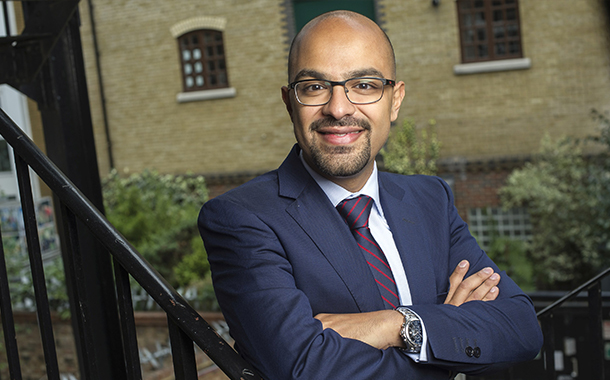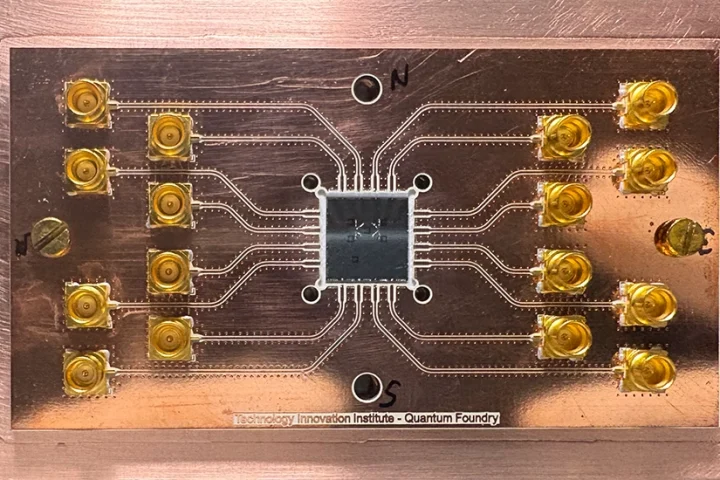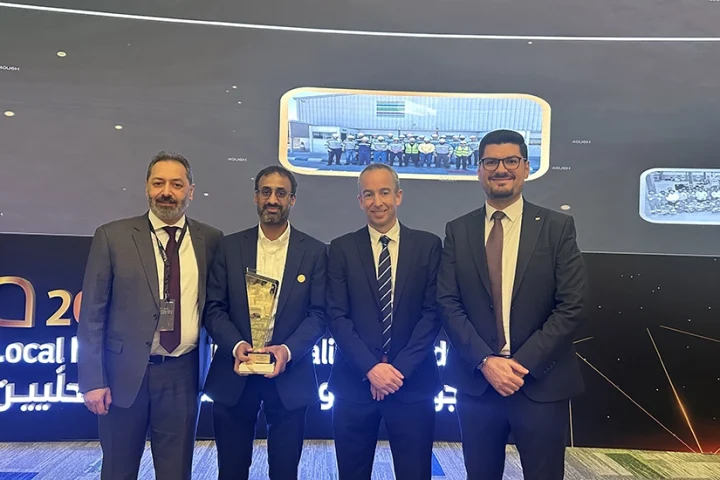In your opinion, what has been the most transformative technology or solution or use case in the last one year?
Through 2019, we have witnessed a turning of the tide for cloud as the technology has rapidly matured from a buzz word to being widely adopted. The region’s appetite for cloud computing has even prompted some of the largest cloud providers globally to establish locally based data centres this year. This has had a transformational effect on the pace of innovation and also the ability of even smaller organisations to use technology to gain a competitive edge. This is of particular importance in the Middle East where SMBs are a pillar of the economy. For example in the UAE, SMEs contribute 53% of the total GDP, whereas in Saudi Arabia, this segment accounts for 97% of all businesses.
In your opinion, what do you anticipate will be the most transformative technology or solution or use case in the next year ie 2020?
There is no doubt that countries in the Middle East will aim to lead the 5G revolution. The arrival of 5G will act as a catalyst for more data rich applications to evolve, transforming the way humans and smart devices interact with each other and between themselves.
We can also expect that user experience will be central to technology innovation through 2020 and beyond. From Riverbed’s perspective, this means ongoing innovation and enhancement of our Digital Networking portfolio which delivers superior digital experiences, new levels of operational efficiency, and accelerated business outcomes.
In your opinion, which countries, which sectors, are showing visible progress in terms of adoption with definite customer benefits and business returns or cyclic completion?
Saudi Arabia, the UAE and Egypt all remain high growth markets for Riverbed in the MENA region. Governments in each of these countries have placed large emphasis on digital transformation in both the public and private sectors. As a vendor whose solutions serve to enable successful digital transformation, Riverbed has a tremendous opportunity to widen its penetration in these markets while also building on engagements with existing customers.
What will be the possible drivers or facilitators for digital and business transformation in the year 2020?
Through 2019, countries in the Middle East continued to bear the impact of low oil prices. The need to counter-balance the economy’s dependence on oil and gas is abundantly clear. We are seeing countries now lay emphasis on transitioning to knowledge and skills-based economies. Technology plays a central role in such mature economies which is why this transition is driving digital transformation.
What will be the impact of the upcoming mega events, 2020 and World Cup, on the transformation outlook of the region?
2020 is set to be a milestone year for the region with several global events, most prominently, Expo 2020 and the G20 summit, taking place in the region. Increased global attention and the influx of tourists are set to create a flood of new business opportunities. The challenge for governments and businesses will be to successfully convert the enthusiasm and emphasis on the region into long-term opportunities. With the focus of both events set firmly on positioning the UAE and Saudi Arabia as frontrunners in the global digital economy, IT innovation will be placed front and centre. As a result, in the coming year, CIOs will be under increasing pressure to leverage technologies such as AI, cloud, and mobility to enhance operational efficiency, drive innovation and enhance customer experiences.
However, my advice to CIOs is to ensure that sufficient emphasis is laid on developing the platforms that are essential to supporting the long-term IT roadmap. SD-WAN is undoubtably one of these and with the simplicity it delivers comes ease of use, agility, and an enhanced ability to adapting to change and maximise investments.






















